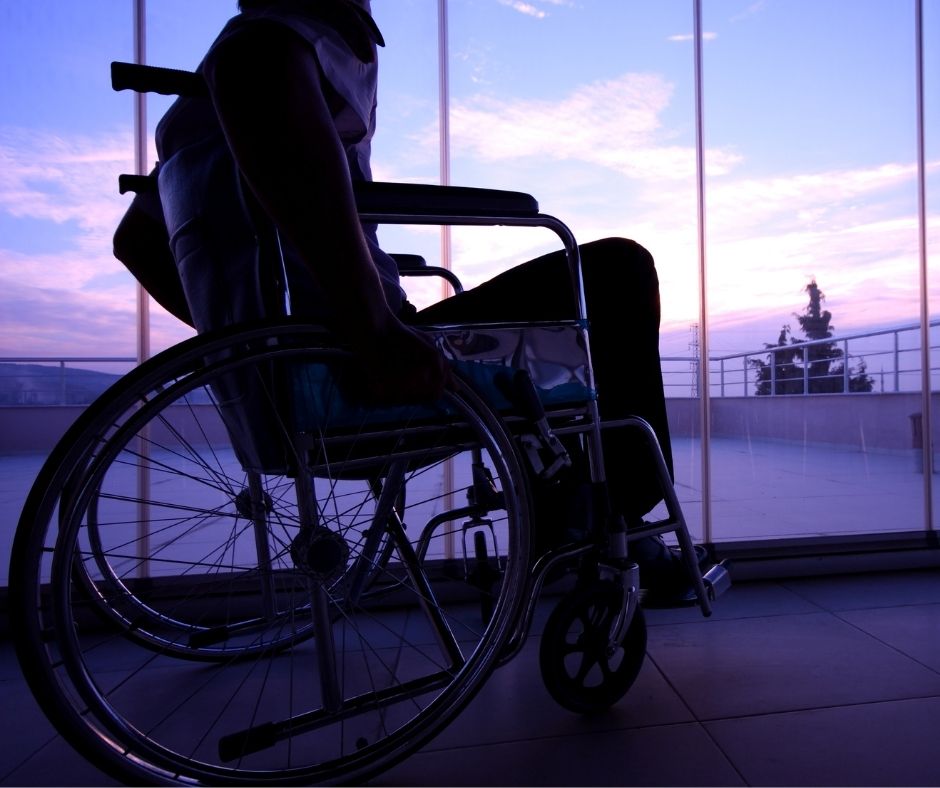
Last week, on Friday 3 December, we recognised the International Day of People with Disability (IDPwD). This day aims to increase public awareness, understanding and acceptance of people with disability and to celebrate their achievements and contributions.
Each year, the United Nations announces a theme, and for 2021, the focus is on ‘leadership and participation of persons with disabilities toward an inclusive, accessible and sustainable post-COVID-19 world’.
The pandemic has taught us a lot, but most importantly, it has led us to be more inclusive, sustainable, and resilient. It has accelerated developing trends in working remotely, which show that two-thirds of Australian’s are now sometimes or always working from home, compared to less than half of our population pre-COVID. There is lots of debate around the pros and cons for employers with working from home arrangements, but perhaps we need to shift our focus to the benefits for employees, particularly those with a disability.
The consequential working from home arrangements that we have seen because of the pandemic has brought opportunities for those who were previously excluded from the workforce. In addition, we have seen medical appointments, exercise and training classes, and education adapt to this evolving digital platform, creating a tone of digital connectedness amongst us all.
Our accelerated adoption of digital solutions because of the pandemic has meant that students with a disability who were otherwise restricted in classes they can attend are reaping the benefits of online learning, including the advantage of being able to re-watch their classes. It has also presented an opportunity for people with a disability of being employed in a more flexible working arrangement, and for some, a chance to hold down a full-time job for the first time.
As we continue to adapt to our new normal, I think it is important for employers and educational institutions to be willing to offer a mix of both in-person and online arrangements for the future. The unwillingness to embrace a hybrid arrangement, means excluding a large group of people who could bring so much talent and value to a workplace or institution.
I was so pleased to see the talent and value of people with disabilities recognised during the 2021 Paralympic Games. When Prime Minister Scott Morrison announced that our Paralympian’s would receive the same payment for winning a medal as their Olympic counterparts, my heart lit up. Before this announcement, our Paralympian’s did not receive any payment for winning medals, as opposed to our Olympian’s who were awarded a $10,000 to $20,000 cash bonus. A very transparent showcase of disadvantage and bias was finally corrected.
Scott Morrison spoke to the House of Representatives, stating that this move recognised the “national significance” of the Paralympic team. The decision came after this disparity caused a backlash in the lead up to this year’s Tokyo Olympic Games. And rightly so – Australia’s Paralympians proved to be as talented as the Olympians counterparts, as they dominated Australia’s medal tally with their achievements. We advocate for equal opportunity for people with disabilities, and the sporting community is no different.
Look around you – one in six of us have a disability. That’s 18% of our population in Australia.[1] I am personally very privy to the contribution people with a disability make to our society. I am the oldest of five, with the youngest of my two brothers having learning challenges, that are classified as disabilities in the DSM-5.[2] As a family, we have fought to understand their difficulties and encourage them to contribute their own skills at school, in their sporting teams, among their peers and their emerging careers. During the pandemic, I have seen first-hand, the advantage of the digital platform for them both, but also the value of flexibility.
The Disability Discrimination Act 1992 (Cth) makes disability discrimination unlawful. It promotes the equal rights, opportunity, and access for all people with disabilities. A legal reminder of our role as a just society, but also a red flag, as although we are making significant gains, we are not there yet.
The Prime Ministers critical move for this year’s Paralympic athletes should be a lesson to us all. It’s a call-to-action to change the way of thinking of our society. Not just in the sporting arena, but all other areas of industry, the workplace, academia, and the arts, as we follow the UN’s vision for leadership and participation of persons with disabilities toward an inclusive, accessible, and sustainable post-COVID-19 world, not just today, but every day. I have two very talented little brothers and I hope they receive an equal opportunity to contribute, not just in a post-COVID-19 world, or in the lead up to the next Games, but for the rest of their lives.

[1] https://www.aihw.gov.au/reports/disability/people-with-disability-in-australia/contents/people-with-disability/prevalence-of-disability
[2] The Diagnostic and Statistical Manual of Mental Disorders (DSM-5)
Lawyer
View Bio >
